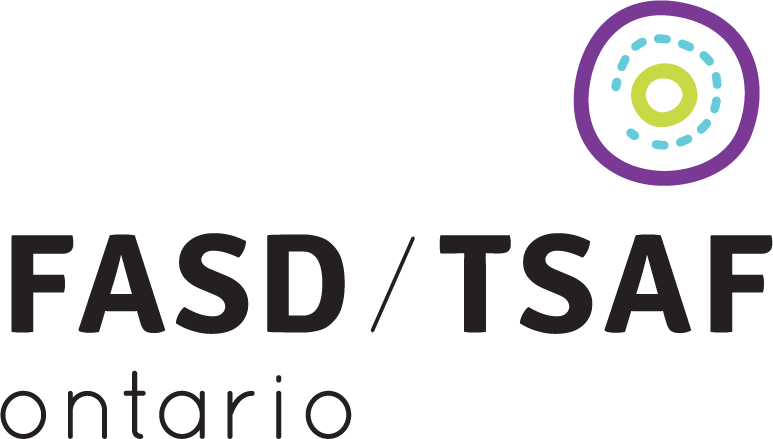CPRI Clinical Symposium 2025

This virtual event is intended for clinicians, researchers, academics, medical and allied health professionals, educators, and learners.
Peers, Power, and Potential: Transforming FASD Support Through Strength-Based Interventions

The session will provide qualitative insights and recommendations for expanding peer-led models, emphasizing the value of shifting from deficits to strengths in supporting adolescents with FASD.
FASD and Relationships

In this webinar, we’ll hear directly from two individuals with FASD, Reinier and RJ, along with their partners, as they share their personal journeys of building and sustaining relationships.
FASD and Dental Issues
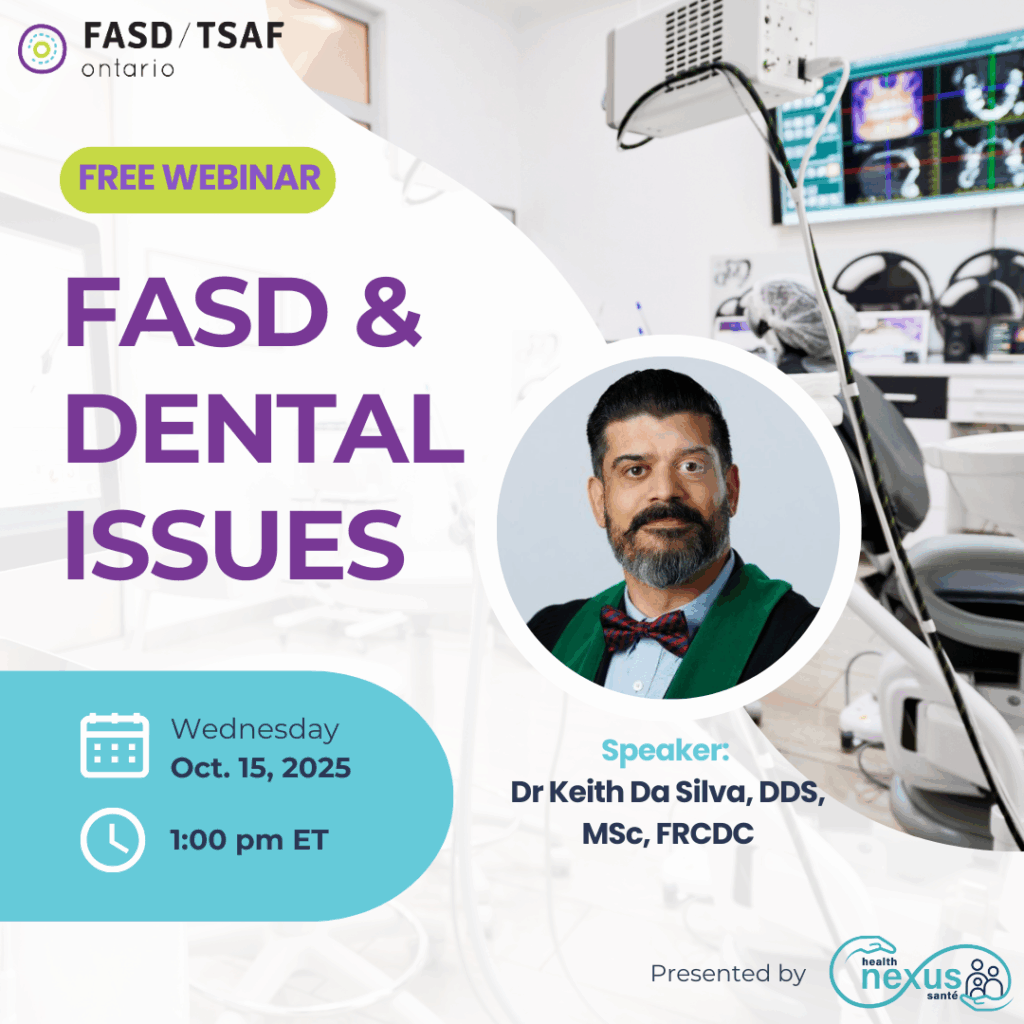
Join Dr. Keith Da Silva, pediatric dentist and researcher in dental public health, as he shares insights on the oral health needs of individuals with FASD and strategies for improving outcomes.
Results of the Caregiver Approaches, Resiliencies, and Experiences (CARE) Study
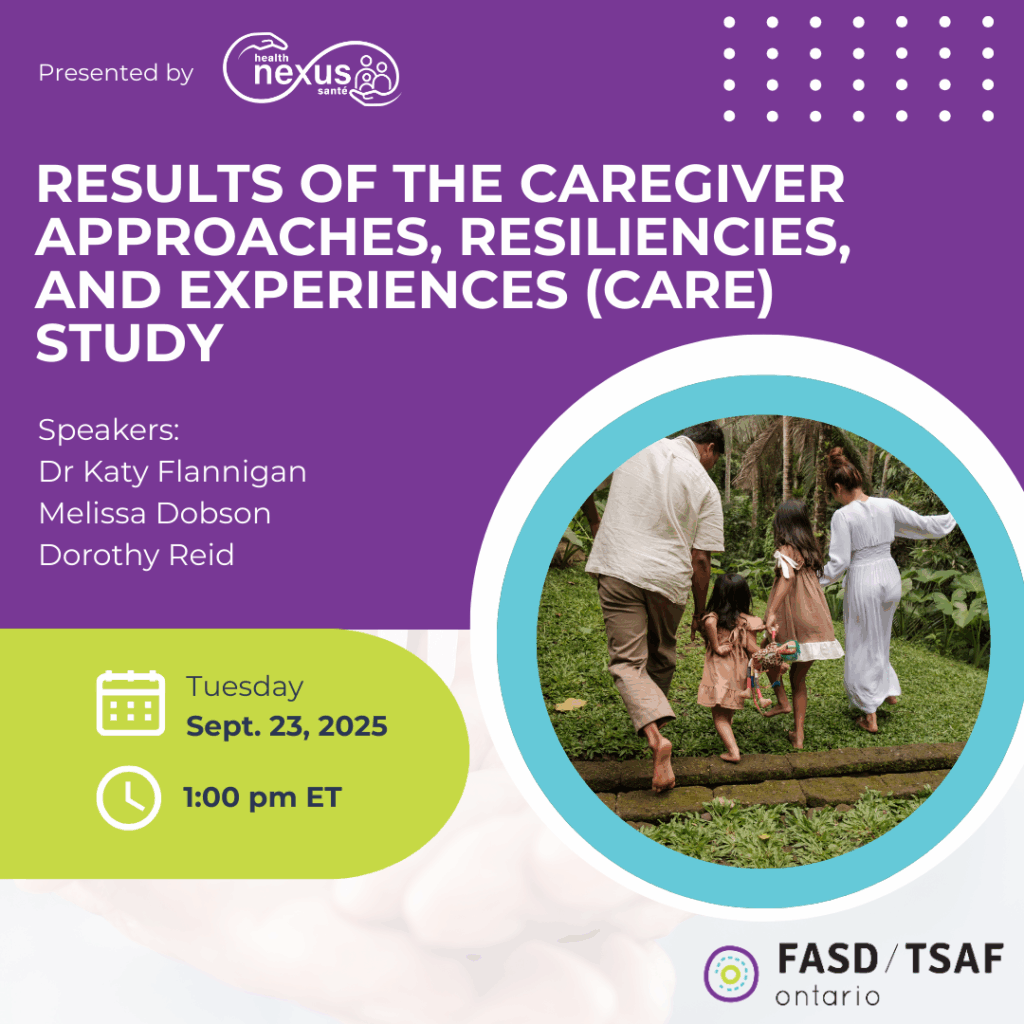
This session will provide an important look at the lived realities of caregivers, offering valuable knowledge for families, professionals, policymakers, and anyone interested in building stronger supports for the FASD community.
Wellness Webinar with Darlene Durand (Team Love)
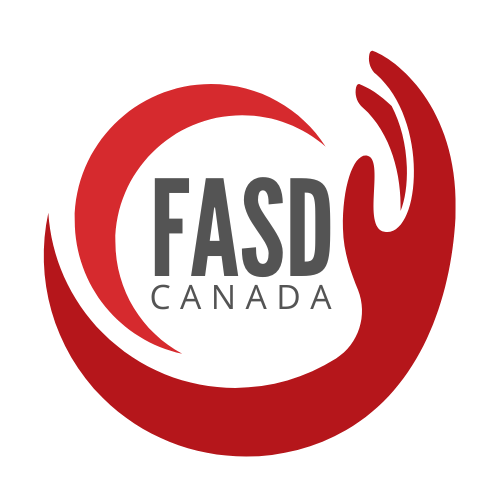
In this webinar you will learn valuable tips on embracing compassion, incorporating gratiduite and finding the good in each & every day.
FASD… let’s talk series – Part 3: Justice

In this webinar you will learn more about the many ways an individual with FASD can become involved with the legal system, and tips that can help.
FASD… let’s talk series – Part 2: Internet & Social Vulnerability

In this webinar you will learn more about the ways you can support your child in maintaining healthy online and in person relationships
FASD… let’s talk series – Part 1: Health

In this webinar you will learn more about the many effects FASD can have on an individual, things to watch for and helpful hints to deal with them
Speak Up for FASD: A Community Conversation of Advocacy, Education and Support

This free event, coinciding with FASD Awareness Day on September 9th, is dedicated to raising awareness, reducing stigma and building stronger support systems for people with FASD.
FASD & Sensory Challenges
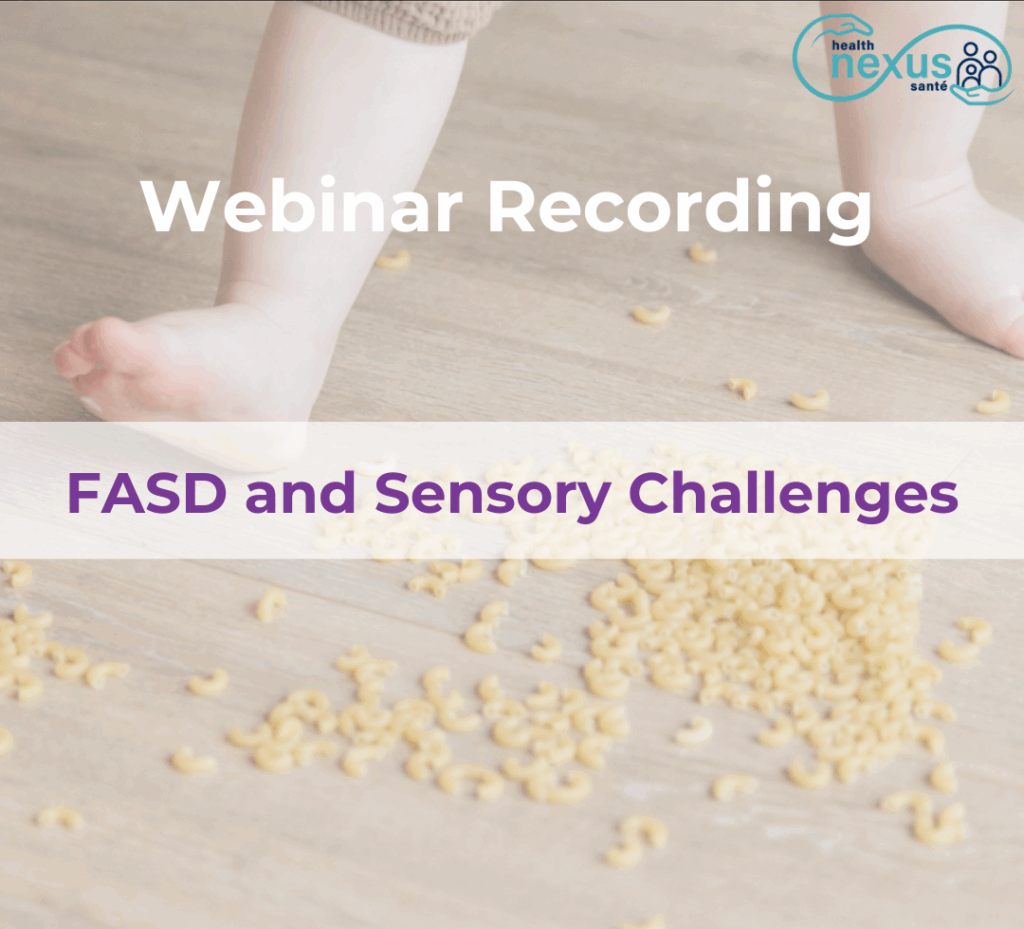
This workshop will discuss the “Pyramid of Learning” and how children’s early developmental movements, milestones, and early life trauma affect the nervous system.
What Educators Need To Know About FASD
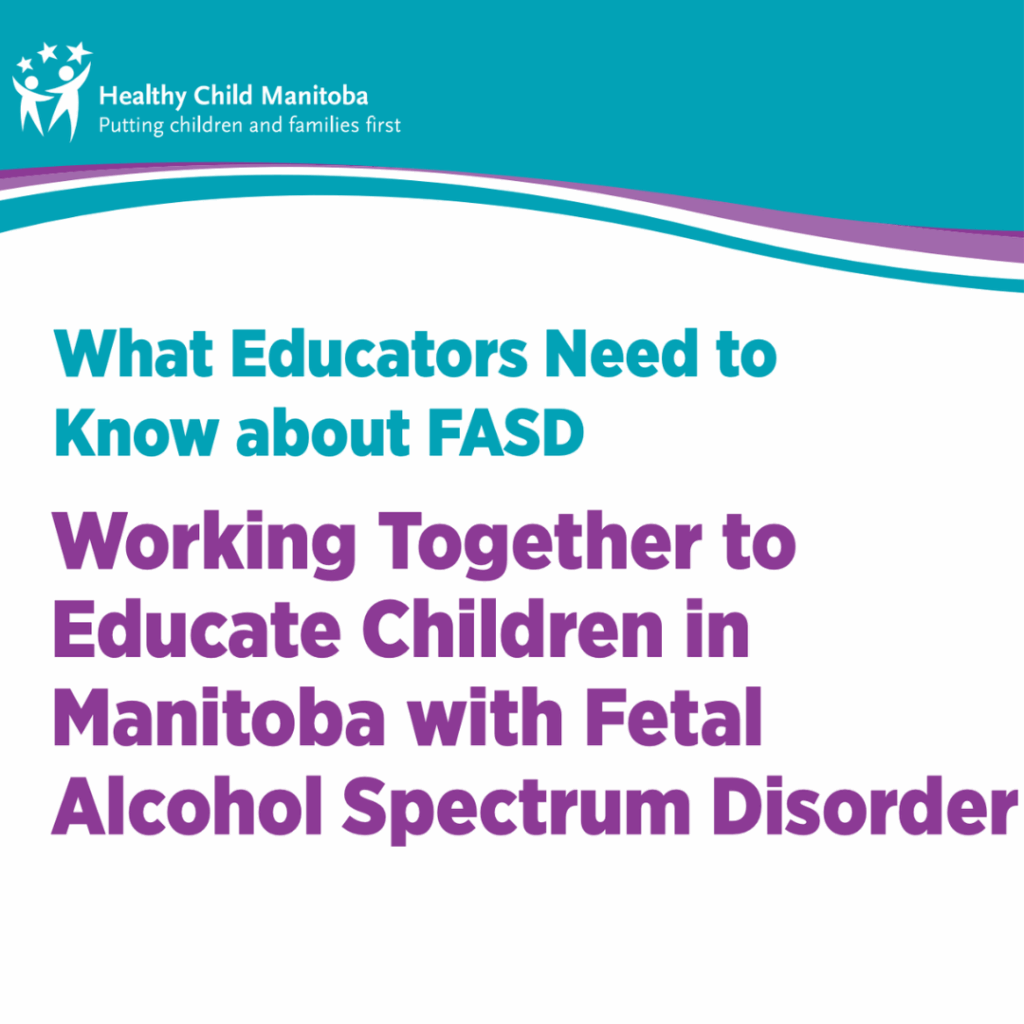
Information for educators about school skills and objectives, communication skills, memory problems and social skills (76 pages)
